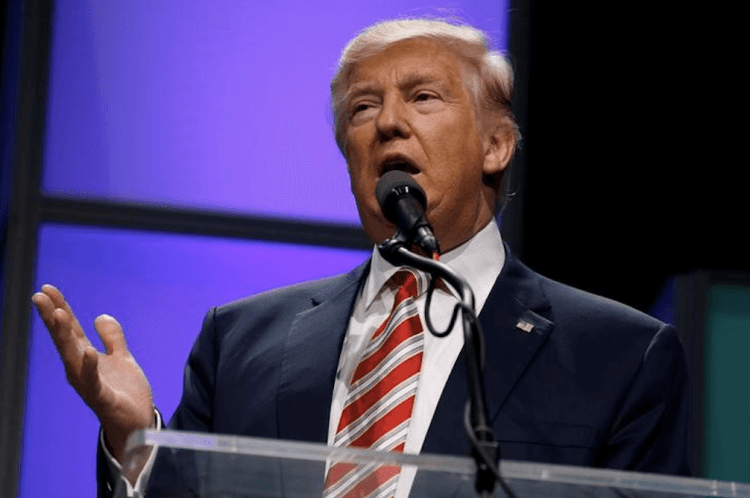Want smarter insights in your inbox? Sign up for our weekly newsletters to get only what matters to enterprise AI, data, and security leaders. Subscribe Now
Will Trump violate another campaign promise?
During his campaign for President, Donald Trump declared that he would not approve a proposed merger between AT&T and Time Warner on the grounds the deal represented “too much concentration of power in the hands of too few.” But as with so much else when it comes to Trump, it appears that vow is negotiable.
On Thursday, the Financial Times reported that Trump’s transition team assured AT&T they would review the deal with an open mind, and that company executives came away confident that the deal would pass regulatory scrutiny.
This confidence appears to be based in part on the conversation, but also on the fact Trump has chosen people who have demonstrated a laissez-faire approach to antitrust issues in the past. As the FT reports:
America’s largest telecommunications group by market value has been encouraged by Mr Trump’s appointments to his transition team of two former competition officials with a hands-off record on antitrust enforcement, people close to the company said.
Mr Trump picked as his antitrust advisers Joshua Wright, a former federal trade commissioner with traditional Republican views on competition policy, and David Higbee, who worked in the business-friendly administration of George W Bush.
Meanwhile, the share price of Time Warner rose over 2 percent to about $94 on Thursday afternoon, which may be another signal investors are bullish on the prospects for the merger.
The deal is fiercely opposed by many consumer advocates because it would give AT&T control of many popular media outlets owned by Time Warner, including CNN, HBO, and the Harry Potter franchise.
Critics fear that AT&T would use control of this content to favor its own distribution platforms by making shows available exclusively or at a lower rate. Those platforms include DirecTV as well the mobile devices of millions of AT&T subscribers.
Under American antitrust rules, the proposed merger must survive the scrutiny of both the Justice Department and the Federal Communications Commission.
Until this month, the FCC appeared to pose a serious obstacle for the deal because the agency — controlled for now by Democrats under the Obama administration — has the power to block the transfer of mandatory spectrum licenses from Time Warner to AT&T. But Trump has already appointed two officials to oversee the FCC who are unlikely to object to a merger, and he is rumored to be considering appointing Brandt Hershman — a strong proponent of deregulation — as the next Chair of the agency.
In other words, Trump’s FCC will likely be favorable to AT&T’s request to approve the merger, although it would almost certainly require the company to abide by a series of conditions designed to protect competition. As for the Justice Department, it would have to file a lawsuit if it wished to block the merger, which now also seems unlikely.
Of course, the wild card in all this is Trump himself. While AT&T appears to see Trump’s appointments as propitious, the mercurial populism of the President-elect means his policy choices remain unpredictable. It’s entirely possible he will stick to his guns and rebuff a telecommunications giant that is unpopular with many ordinary Americans.
As Fortune Editor Alan Murray wrote this week: “My decades of experience watching Washington is proving of no value in predicting Trump.”
This story originally appeared on Fortune.com. Copyright 2016


